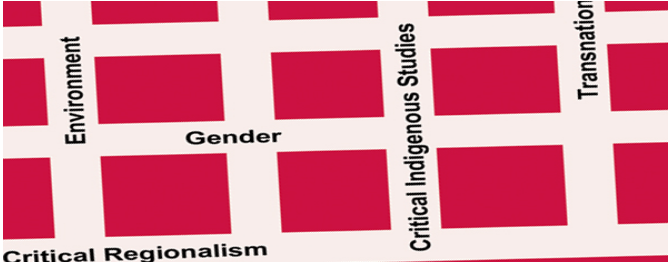
American Studies ETDs
Publication Date
2-1-2012
Abstract
The United States government has spent more than $125 billion since 2001 to prepare the nation for bioterrorism. This dissertation examines the emergence of bioterrorism as a credible threat in the contemporary moment, considering how the preparedness practices of the security state constitute new biopolitical formations. To explore how changing ways of knowing disease and risk are reshaping communities, this multi-sited study investigates the material outcomes of biosecurity in people's lives. It shows how complex histories of disease and terror are remade in the modern age to bring about new spaces and forms of biological citizenship.Through interview, observation and detailed historical research, this research considers three sites where bioterrorism is reshaping public life. At Montana's Rocky Mountain Laboratory, the community protest of the first high-security Biosafety Level-4 facility built in the 21st century exemplifies how public fear of microbes reshapes laboratory spaces and constructs environmental geographies around new conceptions of life, risk, and disease. The creation and implementation of new biopreparedness programs at the Centers for Disease Control and Prevention in Atlanta show how the alliance of public health practices with the nation's security complex brings a new level of militarism to everyday practices of health and wellness. Finally, a case study of bioterrorism simulation exercises in New Mexico considers how the public rehearsal of terrorism events creates a perpetual state of emergency as governments and citizens publicly perform their responses to a crisis.By studying the technoscientific extensions of war in the modern age, this research questions how the care-giving acts of governance have been militarized and how enlisting the bioscience industry in the "War on Terror" is changing societal norms of knowing life, death, nature, and disease, grounded in these re-articulations of life itself. The emerging spaces and economies of terrorism preparedness exemplify how the fusion of new genomic biologies with national security practices brings material change to the spaces where people live and work. This research aims to convince scholars as well as policymakers and activists that the ways in which bioterrorism has been produced have consequences in how people live.
Project Sponsors
National Science Foundation, UNM Graduate Research and Development
Language
English
Keywords
science, and, technology, studies, bioterrorism, biopolitics, security, preparedness, citizenship
Document Type
Dissertation
Degree Name
American Studies
Level of Degree
Doctoral
Department Name
American Studies
First Committee Member (Chair)
Alyosha Goldstein
Second Committee Member
Jake Kosek
Third Committee Member
Rebecca Schreiber
Fourth Committee Member
David Correia
Recommended Citation
Armstrong, Melanie. "Bio+Terror: Science, Security, Simulation." (2012). https://digitalrepository.unm.edu/amst_etds/1
